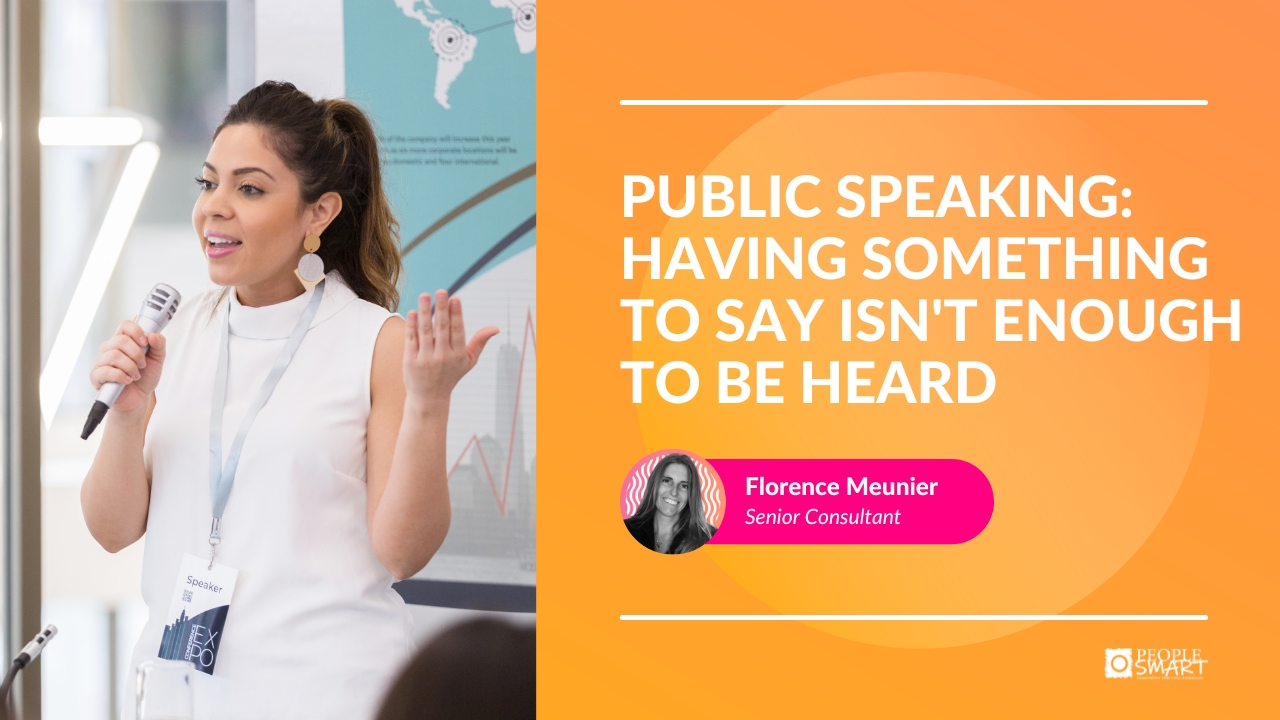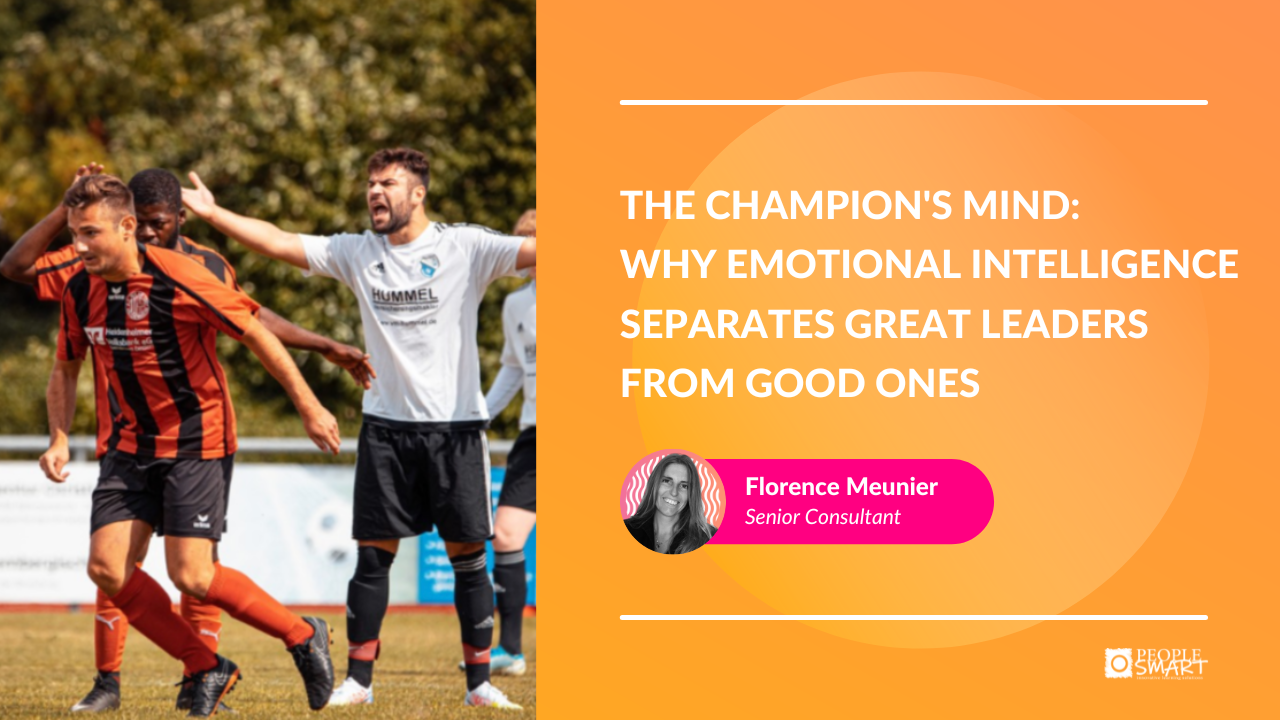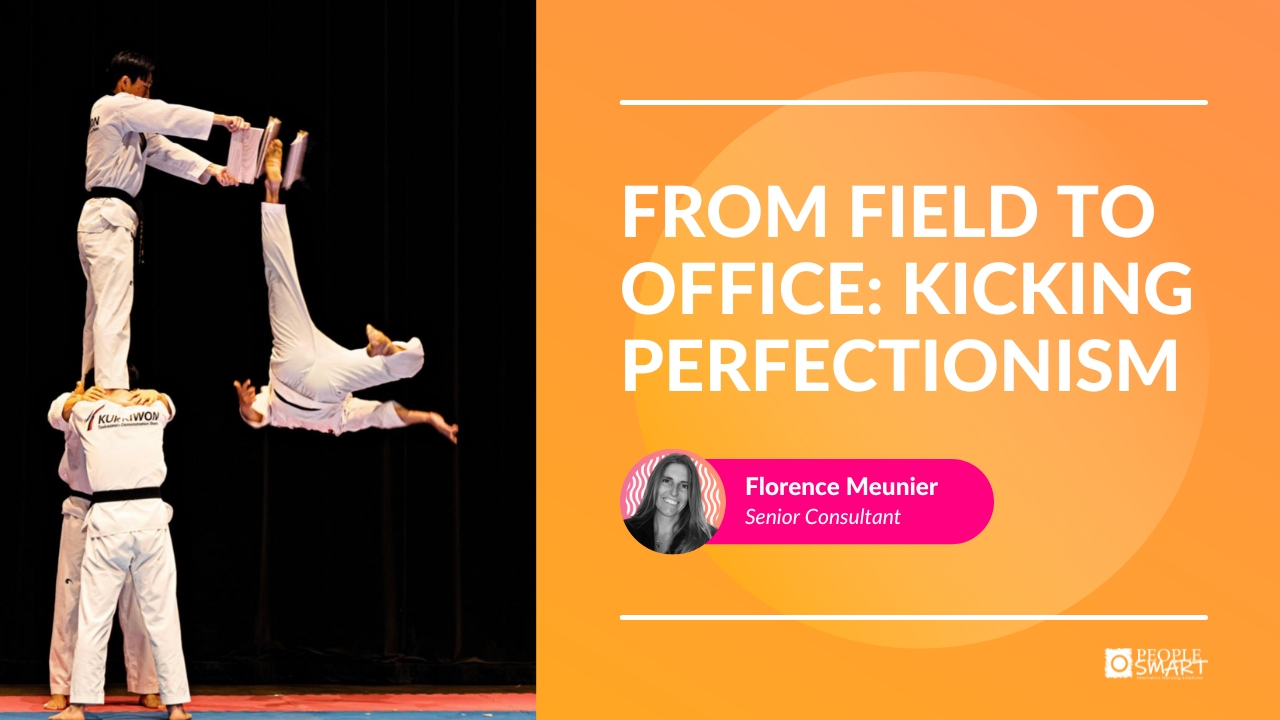The 5th capability in the Genos model of Emotional Intelligence is Self-Management. And the model makes it clear that if you do this well you become Resilient and if not you can become temperamental, buffeted and rocked by circumstances, suffering extremes of emotion and negative feelings as a victim of circumstances rather than choosing to be in control of your own destiny. The opposite of Resilience in the Genos Model is Temperamental and is all about unproductive drama!
Nowadays there are many helpful articles and videos about how to stay resilient in the midst of massive discontinuity in our lives. While a healthy lifestyle, exercise, meditation and good nutrition are all important you still have to choose to actually do these things. Sometimes we are overwhelmed and paralyzed by feelings of despair, depression, sadness, anger, frustration and so on. We become a victim of these feelings and find it difficult to bounce back from adversity. On these occasions a resilient person stays calm and recognizes that they are in the driving seat and in control of how they manage their feelings and negative mindsets. The Buddhists talk about not getting too excited when things go well, and not too upset when they go badly. The way forward is to self-manage yourself with equanimity (A calm mental state, especially after a shock or disappointment or in a difficult situation – Cambridge Univ.) You self-coach yourself into a resilient state.
As an old mentor once said to me decades ago that “The greatest test of the human spirit is to have things go right.” And being resilient when things go ‘wrong’ requires an understanding of the steps to take at any time on any given day. It’s not always easy to recover from a devastating crisis of any kind. But the good news is there is ALWAYS something to be gained from every crisis!
A test of my resilience level came the day the lockdown was first announced and all my exciting engagements in great locations like Sofia, Amsterdam and Paris were cancelled. I fell into a dark despair for twenty four hours until the next day I decided to discover an alternative future scenario to the one my mind had been obsessed with the day before. Instead of only imagining doom and gloom I realized the opportunity this lockdown would afford me. I could launch my podcast series after many months of delay due to ‘other’ commitments. My purpose and vision took over and, with excitement, moved forward letting go of the previous ‘possible future’. In recent times yours might be transforming your garden, finally writing that novel learning to bake bread or spending more time with your children.
In my case I transformed my mindset and therefore my energy. I had a purpose. Through envisioning a positive outcome from a seemingly desperate situation I was able to move through my paralysis and depression.
Have you ever had an awful morning when everything seems to go wrong, nothing flows and you just cannot get into gear and be productive? Of course, you have. We all have! If you’re present to yourself and mindful of your state, maybe frustrated, stressed, cranky, even angry, you can acknowledge your thoughts and feelings and instead of focusing on yourself and your ‘stuckness’ you can direct your attention and energy outwards and move beyond your mind into action. Your state changes, you let go of the previous state and you move on to something better because of a choice you made. Of course, some people choose to remain and even wallow in their pain and misery but that’s another story!
It’s like a sports team that reaches halftime several points down after playing badly. A good manager will facilitate the players to acknowledge the truth of how they played and how they’re feeling, and then, rather than feel sorry for themselves, choose to convert the negative energies and thought forms into a positive force so that they run out at the end of halftime with a different mindset and reality and go on to win the game!
And let’s not forget relatedness as an ingredient of resilience. Others can help you get through too. I was dying in hospital years ago and my friend Joe put his face into mine and shouted “Are you going to die?”. I shouted back “No!” and didn’t! Joe helped me to be resilient by helping me choose to live!
Heroes are good at resiliency. And life itself is always presenting us with opportunities to practice resiliency on a daily basis. Small acts of heroism abound all around us. Do resiliency well and be your own hero! I look back at how I almost died several times, lost all my money and a beautiful house on the Hudson River, suffered kidney failure and countless other periods of loss and misfortune and yet I’ve always got up again and become stronger, wiser and happier by transforming those situations, finding meaning and knowledge in adversity, and having a purpose to guide me through life. That doesn’t make me anybody special. Everyone has their own stories of how they bounced back.
Here’s a collection of suggestions for managing yourself resiliently when crisis hits:
- Be mindful, check your ‘state’ and remember that “this too shall pass”
- Exercise self-compassion
- Be present and let go worrying about hypothetical futures
- Choose to change your mindset (it’s not as ‘set’ as you think!)
- Envision a positive future, fueled by an overriding purpose
- Stay open to possibilities (recognize the opportunities inherent within the crisis)
- Courageously choose to get up and go again, and again, drawing upon your emotional and spiritual fortitude
- Let go and move into action, bypassing the mind to move through the uncomfortable feelings
- Transform the energy of stress, despair, anger and fear and direct that energy outwards
- Be grateful for all that is positive in your life
- Connect with others so you can help each other through
- Feel good and proud of yourself for being so resilient!






